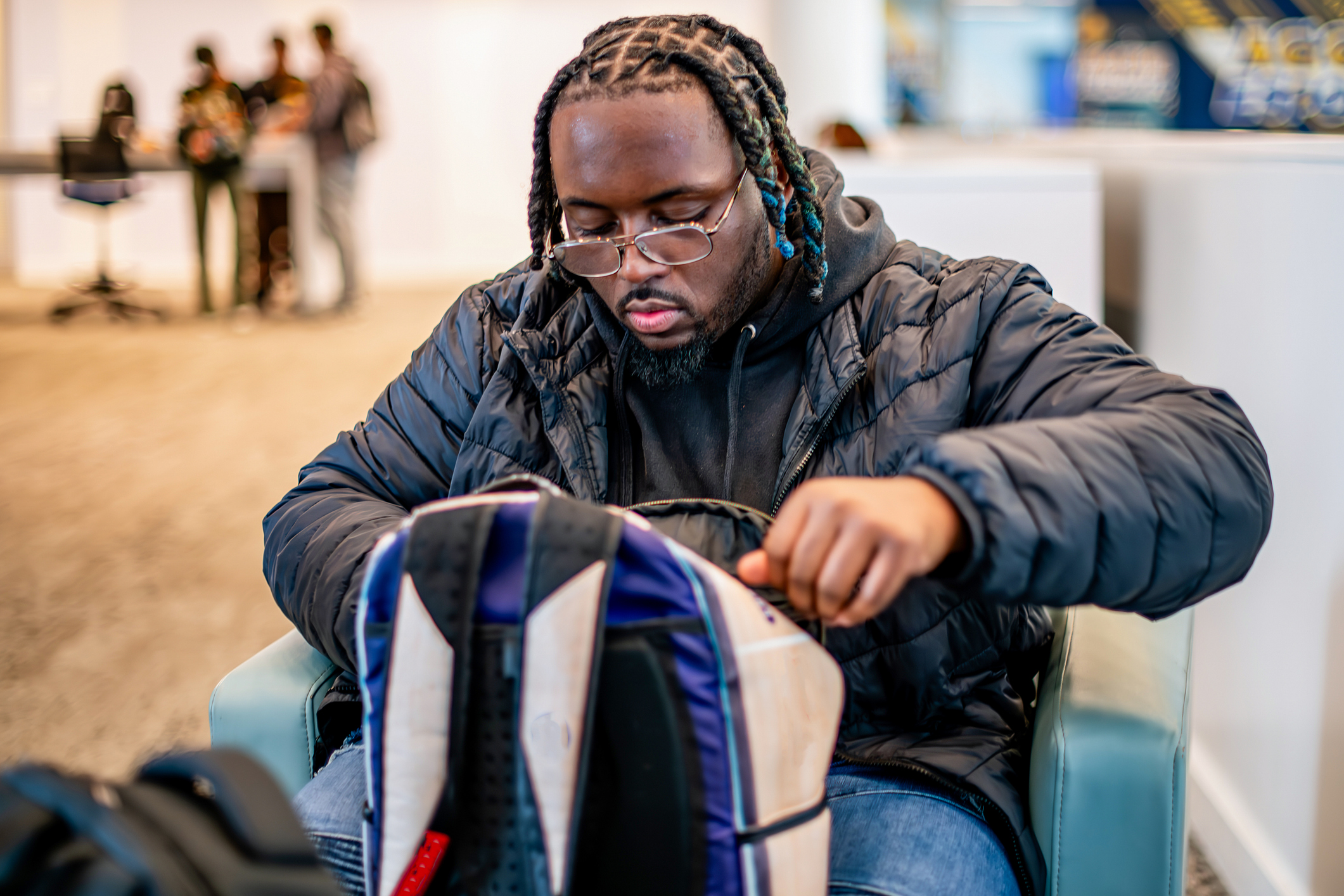Fashion Nova, the LA-based clothing retailer that became a sensation when worn by celebrity influencers such as rapper Cardi B., is now involved in investigations associated with its affiliates.
The clothing line boasts fashionable gear at relatively unmatched prices: with blouses under $20 and jeans under $25. However, there is a reason that Fashion Nova’s clothing is so economical; factory workers are paid far below the minimum wage. According to the U.S. Department of Labor, these subcontractors may owe as much as $4 million in back pay to hundreds of workers.
In a recent New York Times article, author Natalie Kitroeff delves deeply into the Fashion Nova underground, interviewing subcontracted factory workers, suppliers, and other insiders. A four-year investigation conducted by the federal Labor Department found that workers were paid as little as under $3 per hour, far below the legal wage limit of $11 to $12 per hour for the state of California, and the $7.25 hourly federal wage limit.
Since Fashion Nova — like many other retailers — outsources its manufacturing, its awareness of the violation is unclear. While Fashion Nova denies all wrongdoing, some believe that the subcontractor’s quick turnaround should have raised an eyebrow.
“Fashion Nova would always push to pay the lowest price possible for each garment, and would demand a quick turnaround,” company insiders reported to the Times.
In addition to illegal wage limits, the pressure for such rapid delivery led to other unfair practices. Factory employees are said to have completed lengthy shifts to meet extremely tight deadlines, sometimes working almost the equivalent of a two-week shift in one week, without overtime. Employees who earned mere cents for creating an item would see it sold by Fashion Nova for up to $25. The exponential markup added further insult to injury. Working conditions were also undesirable, with employers sewing in the company of vermin and insects.
While Fashion Nova claims to be unaware of the wage violations, its supplier, Amante, may have more answers. To fulfill Fashion Nova’s request for new material, the supplier farms out the work to manufacturers. These factories then return it to Amante, which delivers it to Fashion Nova. However, Amante’s management also denies any familiarity with factory violations. Although, as one factory worker told the Times, “he could never figure out why Fashion Nova did not visit the factory floor to check on how its clothes were being made for such low prices.”
No doubt, visiting the factory floor has proven difficult for federal Labor Department investigators as well. Factories have recently changed names and addresses multiple times to skirt compliance citations and legal woes. The end result is that even workers are unable to keep up with these changes.
One may wonder how this level of exploitation is possible, especially when it involves a prominent retailer. For a complex problem, the answer is fairly simple. The explanation lies in unequal power dynamics. Undocumented immigrants, who make up a large portion of factory workers, are not inclined to resist their employers. The suppliers, who fear being outdone by the next rising LA company, surrender to the needs of the retailer, despite the volume of the order or its timetable for completion. Hopefully, these issues and more can be highlighted and remedied as the Labor Department concludes its investigation.
















